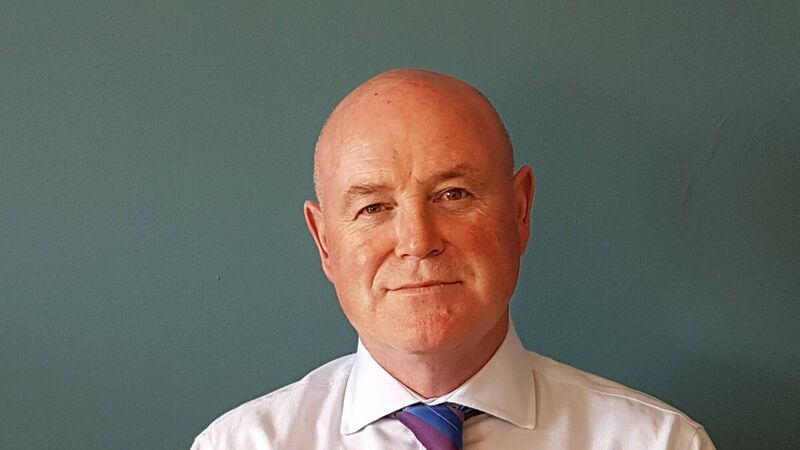Trackers on €300k mortgage face €7,000 payments pain

Managing Director of mortgage broker Dowling Financial, Michael Dowling, also cited eurozone inflation forecasts that suggest the ECB could keep rates higher for longer, piling on the financial pain for households.
Tracker mortgage households could be facing an additional €7,000 in annual payments if the European Central Bank carries through in its threat to step up its fight against inflation, experts have said.
The warnings come after market participants said on Friday that the ECB could hike interest rates much higher than once thought — a day after president Christine Lagarde said the central bank was prepared for more significant rate increases to come.











